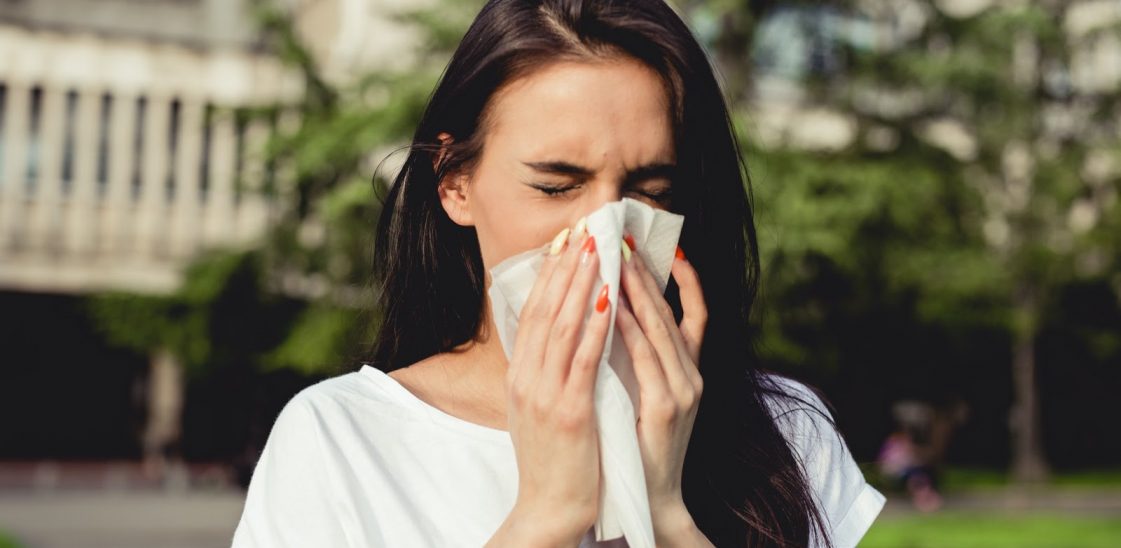
What causes a cold in the summer?
We all know that it is not unusual to catch a cold during the winter, but what does it mean if you start to suffer with cold-like symptoms in the summer months? In this article, we take a look at whether or not it is possible to get a cold through the summer season.
Can you get a cold in the summer?
In short, yes. Even though you might think you can only catch colds during the winter months, it is still possible to become ill during the summer too. Contrary to popular belief, the common cold is not caused by low temperatures or a particular season, but by the spread of cold viruses, meaning that you could pick one up at any point of the year – including the summertime.
If you have a runny nose, a sore throat or sinus pressure during the sunny season, you might be tempted to put your symptoms down to hay fever or a reaction to another allergen such as dust. Indeed, it is not unusual to mistake the signs of a common cold for hay fever or other seasonal allergies since the symptoms can often be the same.
That being said, a quick and easy way to tell if you are suffering from a summer cold rather than allergies is by simply blowing your nose and checking the tissue. If it’s clear and watery, it could be allergies, but if it’s not clear and is thick in consistency, it might be more likely that you’ve got a cold[1].
How do you catch a cold in the summer?
The truth is, catching a cold in the summer is the exact same as catching one in the winter. If you are exposed to a cold virus during the summer, there is a chance you could pick it up and display some of the tell-tale symptoms, just like you would in the colder months. For example, if you have been in close contact with another person who has a cold, you could find that you catch it from them[1].
At the moment, with the spread of COVID-19, you might be especially worried if you start to feel unwell, so it’s important to understand your symptoms. If you have a high temperature, a new, continuous cough or notice a change to your sense of taste or smell, you must get a test and stay at home until you receive your results[2].
How do you prevent a summer cold?
While there is no way to completely prevent yourself from catching a cold in the summer or at any other time of the year, there are a number of things you can do to reduce your chances of getting one.
Firstly, it’s important that you wash your hands regularly. This is paramount at the moment, so make sure that you clean your hands thoroughly throughout the day. If you cannot access running water, you should use an antibacterial gel instead.
It might sound obvious, but try to avoid anyone you know that feels unwell. Anyone who has COVID-19 symptoms should be self-isolating at home, but even if you know someone who feels ill and has had a negative test result, you might want to steer clear until they feel better.
It pays to take care of your immune system too. Eating healthy, nutritious foods, drinking plenty of water and even taking immune-boosting supplements are some simple ways you can look after yourself from the inside out. Making sure you’re getting enough sleep can also help strengthen your immune system so that if you do catch a cold, your body is strong enough to fight it off[1].
Resources:
[1] https://www.nhs.uk/conditions/common-cold/
[2] https://www.nhs.uk/conditions/covid-19/covid-19-symptoms-and-what-to-do/
